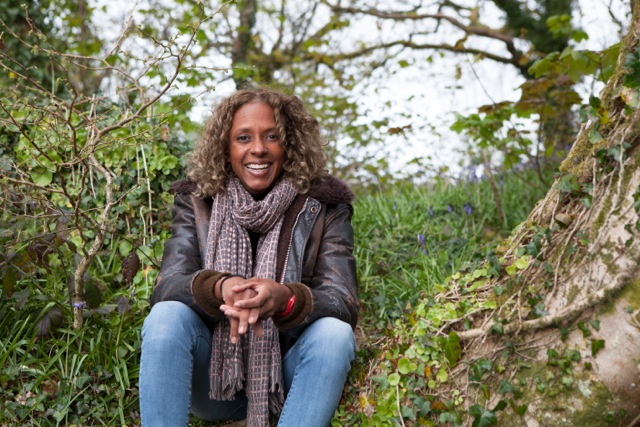I made a pledge not to fly anymore. We are, after all, in a climate emergency. Yet, there I stood in a queue, making painfully slow progress towards a glum-looking immigration official in Nairobi’s Jomo Kenyatta International Airport.
Meanwhile, a herd of elephants, wild and free, could be seen moving serenely across the TV screens mounted throughout the terminal. As they basked in the backlit glow of an African sunset, it was as if they were mocking the human spectacle below.
Air travel has robbed these animals of a home to serve tourists and film crews alike as they flock to Kenya.
Wild animals did once roam free, not just on the TV screens, but on the very soil where the airport now stands. This is recent enough for me to remember keeping a watchful eye for the long neck of a giraffe rising above the acacias around the airport perimeter.
Air travel has done more than contribute to a warming planet: it has literally robbed these animals of a home to serve tourists and film crews alike as they flock to Kenya. It has enabled us to reach the remotest corners of the globe so that we can experience and share the natural wonders of our beautiful planet. But there is one big elephant in the room: our passion also helps pump up carbon emissions and destroy habitats.
You may also like:
If I know all this, then what was I doing there along with all the other travellers? I wanted to see my mum. But was this enough to break my flight-free pledge? I have had the good fortune of living and working on every continent bar Antarctica. Now, as I begin the hopefully slow descent to my inevitable touchdown, my plan is to move to a cabin in the woods, grow hairy and die.
Family ties aside, reeling in my horizons and going flight-free is an easy sell. But what about my children? My daughter wants to see Hawaii and my son dreams of Siberia. What would flight-free holidays mean for future generations? And what of the wildlife and communities that now depend on eco-tourism? If ever there was a moment for an ‘It’s not easy being green’ hashtag, this surely is it.
For the most part, travel has gone the way of fast food, one-click shopping and swipe-right dating, where instant holiday gratification means crash-landing into a fantasy world of all-you-can-eat buffets, pool parties and open bars. Before I talk myself into booking an all-inclusive, there is another way.
Isn’t it strange how it is easier to argue for the world we know, when we could be fighting for the world we dream of?
Slow travel is the art of exploring the world by becoming fully immersed in the environment. At its most extreme, slow travellers go completely flight-free, finding their way around the globe by any other means available. A more moderate approach to travel is simply to slow down and seek deeper connection to people and environment – the net effect is an altogether more sustainable experience.
There are a few snags, however. As the name implies, slow travel takes more time, something regrettably few of us have enough of. My mind is quick to pounce on this as a reason why slow travel won’t work. But isn’t it strange how it is easier to argue for the world we know, when we could be fighting for the world we dream of?
What if things were different? What if, as in Iceland, we embraced shorter working weeks and flexible working hours? What if sabbaticals were encouraged and mental health breaks prescribed? With the huge strides that have been made in remote working, for at least some professions, you might find you can even take your job with you.
Slow travel may not be for everyone, but for those of us that make up this merry band of wildlife travellers, this feels like the leading edge of a movement that could transform the way we all travel in years to come. Just imagine it: a way of seeing the world, without costing the earth.
For further reading, try Slow Travel: A Movement by Penny Watson and Overland: Travelling with No Plan by Richard Kauffman
